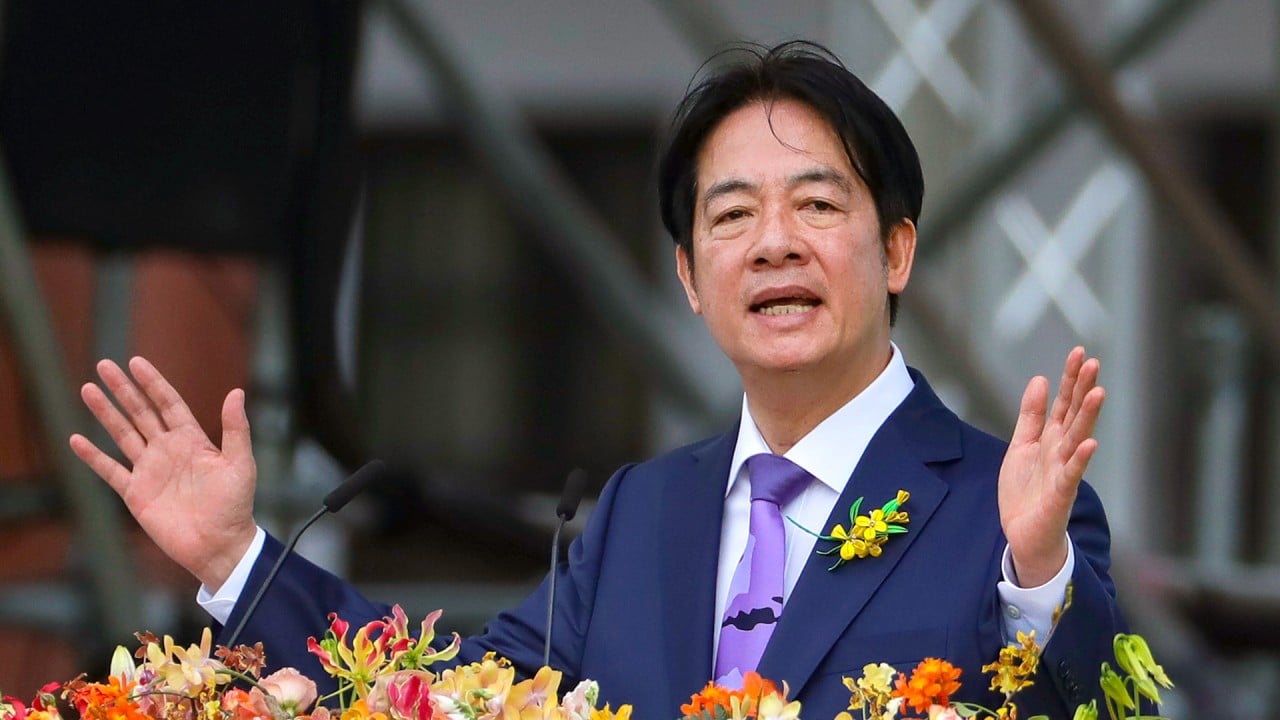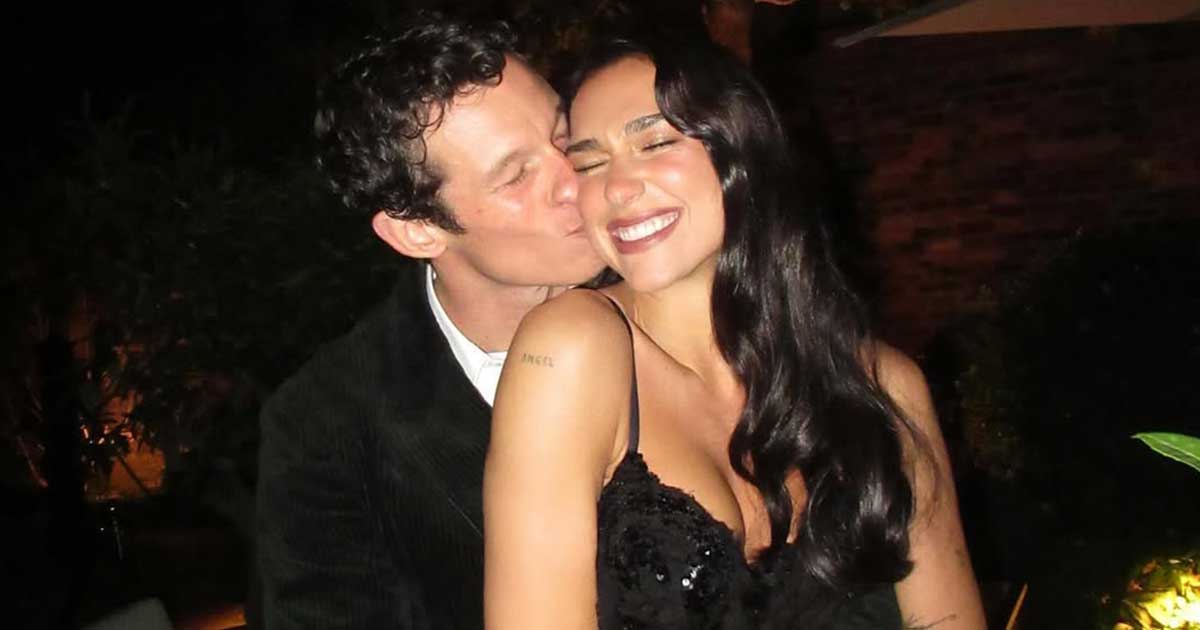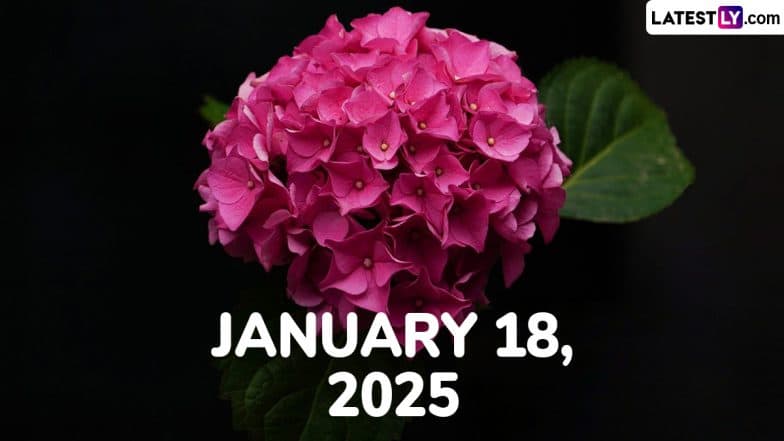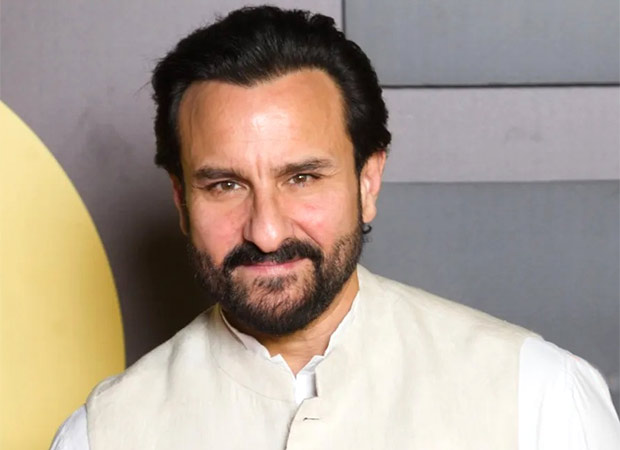During a tour of temples and other establishments built in his honour, the group was tailed by secret agents throughout its entire trip, the Taipei-based China Times reported on Monday.
An unnamed host of the group told the newspaper that religious exchanges between the two sides of the Taiwan Strait had been going on for many years, but said: “Unlike in the past, this time national security agents ‘accompanied’ the group throughout the entire visit.”
The report, picked up by other Taiwanese news media, drew criticism.
“Exchange visits by religious groups from the mainland are supposed to be normal. Surprisingly, unlike in the past, a mainland group was given ‘high-level treatment’ this time with security agents ‘escorting’ it throughout the entire visit,” said Lai Shyh-bao, a legislator from the main opposition party, the Kuomintang.
Lai said it was incredible for the government of William Lai Ching-te to do something like this, as the island’s leader and his independence-leaning Democratic Progressive Party had said they would promote democracy and freedom on the island.
“What the security authorities did serves only to hamper individual and religious exchanges between the two sides and in no way helps improve the cross-strait stalemate and ease tensions,” Lai added.
The island’s national security bureau did not respond to a request for comment.
In June, Liang Wen-chieh, vice-chairman of Taiwan’s Mainland Affairs Council, said the mainland authorities had been using folk gods as “tools for united front tactics against Taiwan”, referring to the Chinese Communist Party’s use of networks of individuals and organisations to expand its interests.
“The Chinese Communist Party has extended its united front efforts to southern Taiwan and grass-roots communities … as early as 2000, by using folk beliefs to try to win over Taiwanese people,” he said.
Liang said the island’s government “fully supports normal exchange activities, but if any irregularities are involved, we will closely monitor those activities”.
But Lin Chun-lin, an executive director of a local Taoist association, said such comments were “distressing” and “infuriating”.
“Such statements have damaged the long-established interaction and trust between religious communities on both sides,” he said.
“The government should focus on the well-being of the people instead of exploiting purely religious cross-strait exchanges.”
Cross-strait relations, never cordial since the DPP came to power in 2016, have deteriorated further since William Lai took office on May 20 and asserted that Taiwan and the mainland “are not subordinate to each other” – a stance deemed unacceptable by mainland China.
Beijing regards the island as part of China that will eventually be brought under its control – by force if necessary.
Most countries, including the island’s main international backer the United States, do not recognise Taiwan as independent, but Washington opposes any attempt to take control by force and is committed to supplying weapons for the island’s defence.








